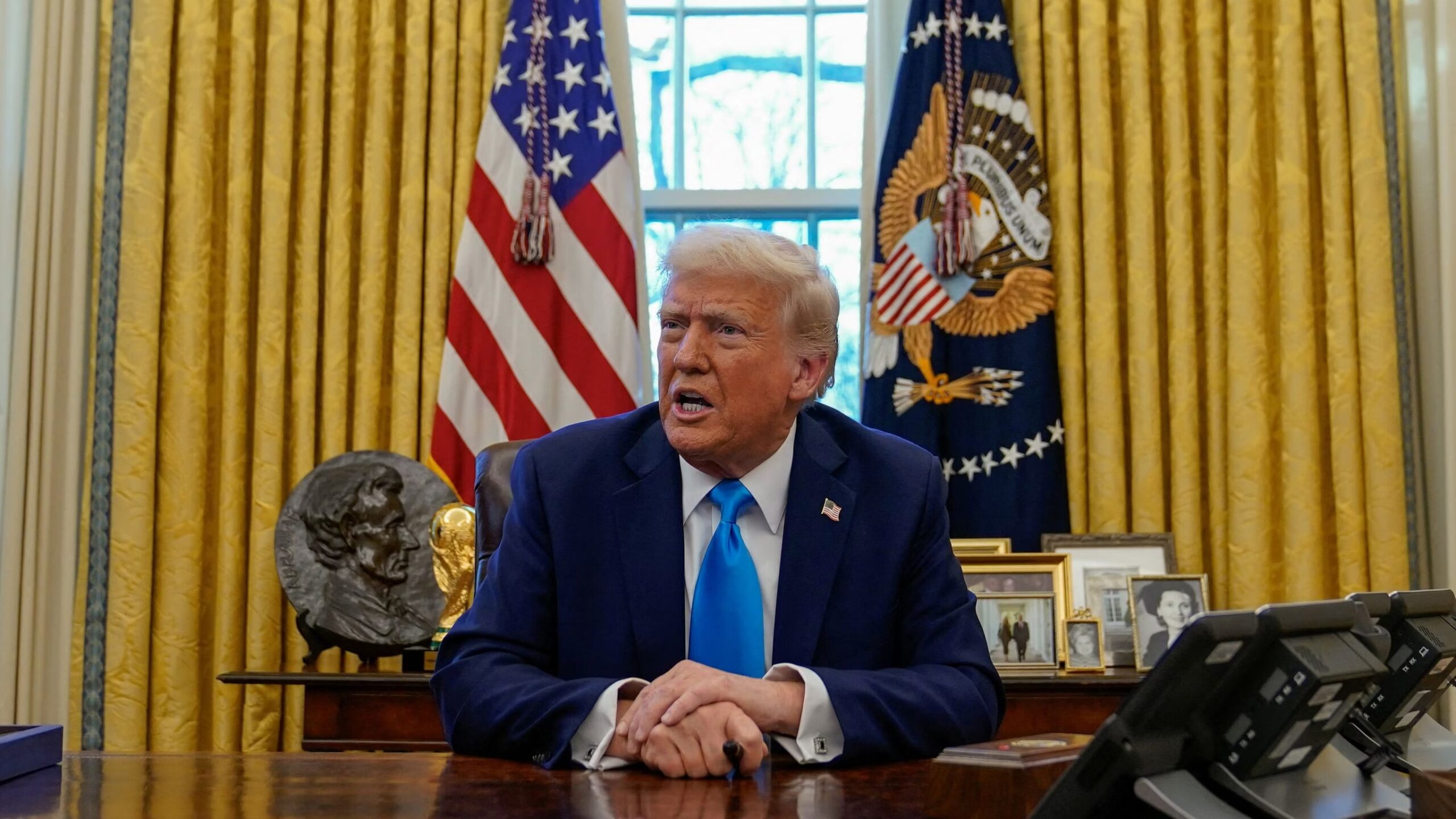
Yet on Wednesday, standing from the White House, Donald Trump doubled down on the US’ 145% tariffs with China. He signalled clearly that he aims to continue enforcing these tariffs fiercely. When pressed on lowering steep tariffs to give him more leverage in currency negotiations with China, Trump answered point blank, “No.” He never backed down from a challenge. His remarks come just days before a pivotal meeting. Scott Bessent, US Treasury Secretary, is set to hold next week with his Chinese counterpart in Switzerland to discuss inordinate trade and economic imbalances between the two countries.
Tariff on China Trump originally imposed these tariffs to retaliate against what his administration described as unfair trade practices. These tariffs quickly became the fulcrum point of his administration’s economic policy. Before their implementation, he noted, the US was experiencing extreme financial bleeding. “We’ll see … we were losing a trillion dollars a year, now we’re not losing anything, you know? It’s the way I look at it,” stated Trump during a swearing-in ceremony for former US Senator David Perdue as the new US ambassador to China.
Impending U.S.-China Meeting in Switzerland
The next meeting – which will take place in Switzerland three days after Trump’s inflammatory comments – was said to have been requested by the U.S. Ahead of those talks, Beijing has already made clear its strong objection to the tariffs. The Chinese government has uniformly condemned the tariff increases. It has kept the pressure up on them as the negotiations get closer.
Trump’s refusal to consider lowering the tariffs reflects his administration’s broader strategy of using trade policy as a negotiating tool. By maintaining the tariffs, he hopes to force concessions from China during negotiations.
What The Author Thinks
Trump’s steadfast refusal to lower tariffs with China underscores his strategy of using economic pressure as leverage in negotiations. While this may provide short-term advantages in bargaining, it risks further escalating tensions between the U.S. and China, potentially damaging long-term economic stability. The reliance on tariffs as a tool for diplomacy raises questions about the broader impact on global trade dynamics.
Featured image credit: Heute
For more stories like it, click the +Follow button at the top of this page to follow us.
